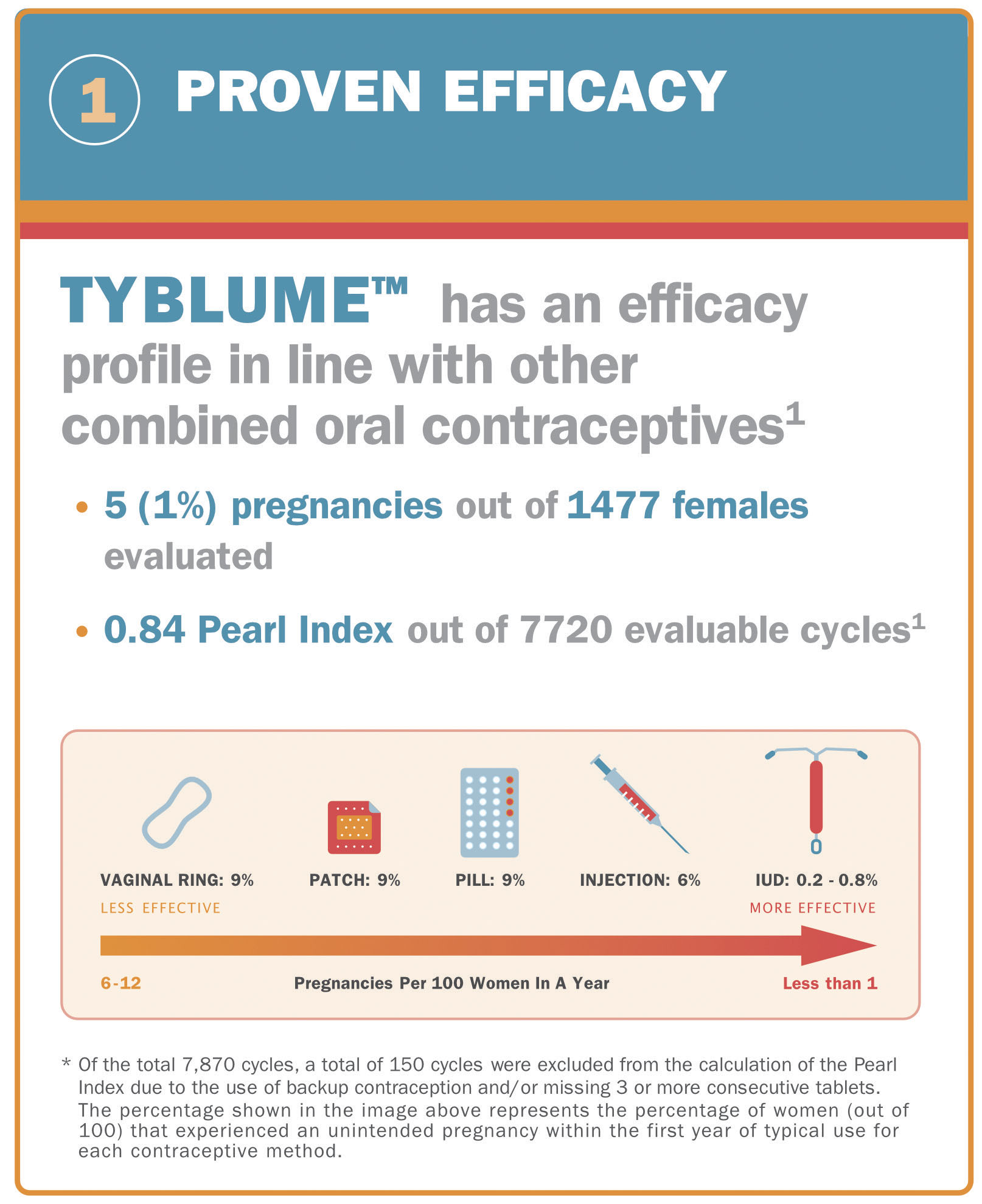Tyblume: A combination birth control pill containing levonorgestrel and ethinyl estradiol, offering pregnancy prevention with potential benefits like lighter periods but carrying risks like blood clots. Understand Tyblume’s usage, potential side effects (headaches, nausea, blood clots), and crucial safety information before starting this contraceptive. Women over 35 who smoke, have a history of blood clots, or certain medical conditions should not take Tyblume. Always discuss your health history with your doctor. This article will provide a comprehensive overview of Tyblume, including its benefits, risks, usage instructions, and important considerations.
Understanding Tyblume: How It Works
Tyblume is a combined oral contraceptive, meaning it contains two synthetic hormones similar to those naturally produced by the body: levonorgestrel (a progestin) and ethinyl estradiol (an estrogen). These hormones work together in several ways to prevent pregnancy:
- Ovulation Suppression: Tyblume primarily prevents ovulation, the release of an egg from the ovary. Without an egg being released, pregnancy is unlikely to occur.
- Cervical Mucus Thickening: The hormones in Tyblume thicken the mucus around the cervix, creating a barrier that makes it difficult for sperm to swim through and reach an egg.
- Uterine Lining Thinning: Tyblume also thins the lining of the uterus (endometrium), making it less receptive to a fertilized egg, should one manage to implant.
Benefits of Tyblume
Beyond its primary function of preventing pregnancy, Tyblume may offer additional benefits for some women:
- Lighter, More Regular Periods: Many women experience lighter and shorter periods while taking Tyblume, which can be beneficial for those with heavy or painful periods (dysmenorrhea).
- Reduced Acne: Some women find that Tyblume helps to clear up acne.
- Other Potential Benefits: Although less common, some women report a decrease in premenstrual symptoms (PMS) while taking Tyblume.
Side Effects of Tyblume
Like any medication, Tyblume can cause side effects. These can range from mild to serious, though serious side effects are rare.
Common Side Effects
Some of the more common side effects of Tyblume include:
- Nausea and vomiting
- Breast tenderness or pain
- Breakthrough bleeding or spotting
- Acne or skin darkening (melasma)
- Headaches
- Contact lens discomfort
- Mood swings
- Changes in menstrual flow (heavier or irregular periods)
These side effects are often temporary and may subside after the first few months of use as your body adjusts.
Serious Side Effects
While less common, serious side effects can occur. Seek immediate medical attention if you experience any of the following:
- Blood Clots: Symptoms may include chest pain, shortness of breath, severe headache, unexplained weakness or numbness in a limb, or changes in vision. Blood clots can occur in the legs (deep vein thrombosis), lungs (pulmonary embolism), heart (leading to a heart attack), or brain (causing a stroke).
- Heart Attack or Stroke: Tyblume can increase the risk of these serious cardiovascular events, particularly in women who smoke or have other risk factors.
How to Take Tyblume
Tyblume comes in a pack of 28 pills: 21 active pills containing hormones and 7 placebo pills. Follow these instructions for taking Tyblume:
- Start: Begin taking Tyblume on the first day of your period or on the first Sunday after your period starts (follow your doctor’s instructions).
- Daily Dosage: Take one pill every day at the same time, preferably with a full glass of water. Consistency in timing helps maintain steady hormone levels.
- Active Pills: Take one active pill daily for 21 days.
- Placebo Pills: Take one placebo pill daily for 7 days. You will likely experience a withdrawal bleed (similar to a period) during this week.
- New Pack: Start a new pack of Tyblume immediately after finishing the placebo pills, even if you are still bleeding.
If you miss a pill, take it as soon as you remember. If you miss two or more pills, consult your doctor or healthcare provider for guidance.
Tyblume and Other Contraceptives: Making the Right Choice
Choosing the right birth control method is a personal decision. Tyblume is just one option, and others exist like an Intrauterine Device (IUD), condoms, the Birth Control Shot (Depo-Provera), the Birth Control Implant (Nexplanon), or Sterilization (Tubal Ligation or Vasectomy). Consider these factors when making your decision:
- Effectiveness: Tyblume is highly effective when taken correctly.
- Convenience: Taking a daily pill is convenient for some, while others may prefer longer-acting methods.
- Side Effects: Weigh the potential side effects of Tyblume against those of other methods.
- Personal Preferences: Your lifestyle, beliefs, and preferences will play a role in your decision.
- Health Conditions: Certain health conditions may make Tyblume or other methods unsuitable.
Discuss your options with your healthcare provider to determine the best fit for your individual needs.
Important Considerations and Precautions
- Smoking: Smoking significantly increases the risk of serious side effects from Tyblume, especially blood clots, heart attack, and stroke. Women over 35 who smoke should not use Tyblume.
- Medical History: Discuss your complete medical history with your doctor, including any current medications, allergies, or family history of blood clots or cardiovascular disease.
- Drug Interactions: Certain medications can interact with Tyblume, potentially decreasing its effectiveness or increasing the risk of side effects. Inform your doctor about all medications you are taking.
- Alcohol: While moderate alcohol consumption is generally not contraindicated with Tyblume, excessive alcohol use can potentially interfere with its effectiveness.
- Other Health Conditions: Certain health conditions, such as liver disease, uncontrolled high blood pressure, or a history of breast cancer, may make Tyblume an unsuitable choice.
Ongoing Research and Future Directions
Research in contraceptive technology continues to evolve. While Tyblume is a well-established method, scientists are always exploring new options and refining existing ones. Stay informed by talking to your doctor about any new developments in contraception.
The Bottom Line
Tyblume can be a safe and effective birth control option for many women. However, it’s essential to understand its potential benefits, risks, and how to use it correctly. Consulting with your healthcare provider is crucial to making an informed decision about whether Tyblume is the right choice for you. They can assess your individual circumstances and provide personalized recommendations. Remember, taking control of your reproductive health is a journey, and open communication with your doctor is key. Get the newest news and updates from Ty Blume in the TPA newsletter. Ever wondered what to do with old eyeglasses? We’ve got the answer!










